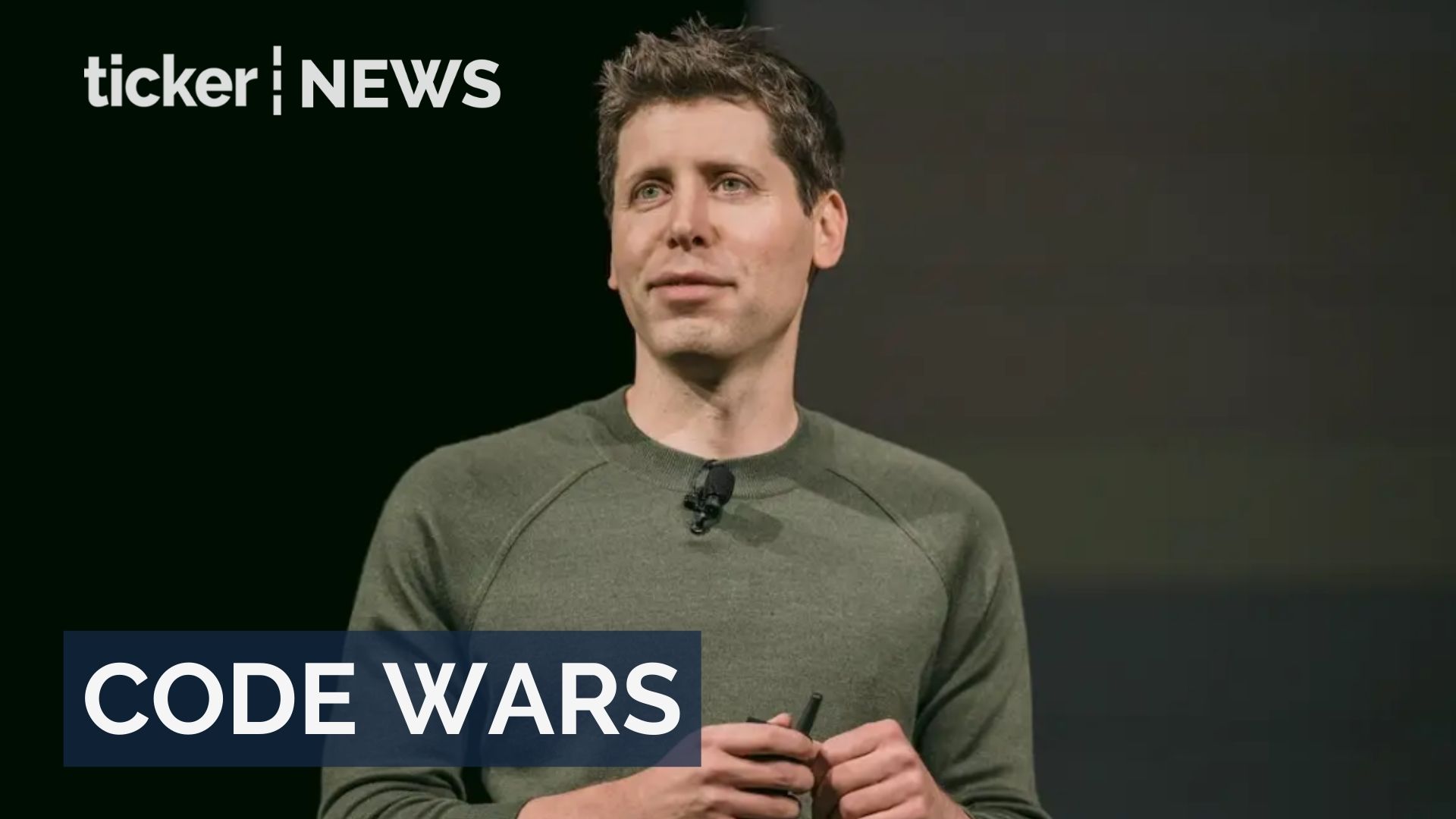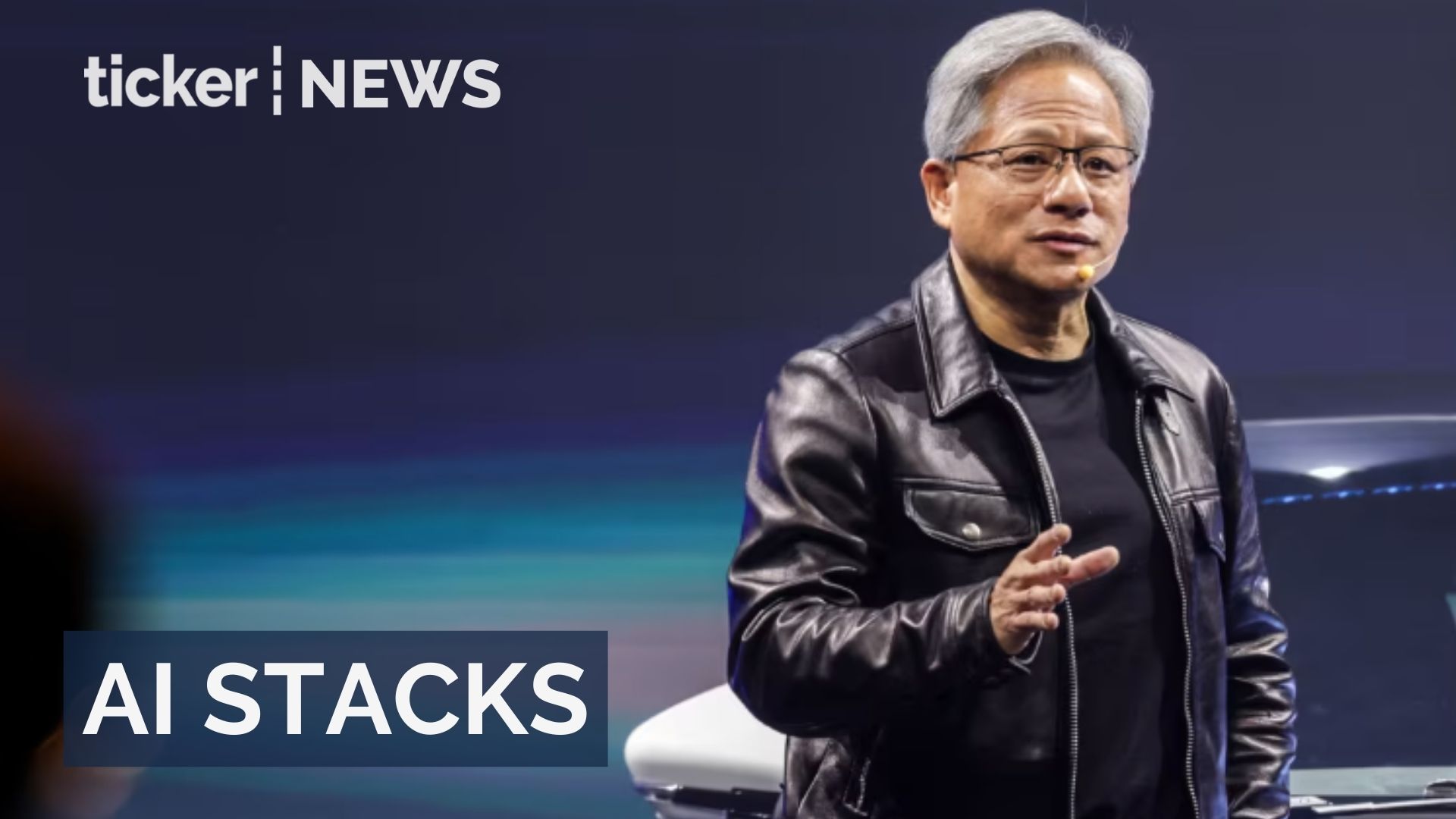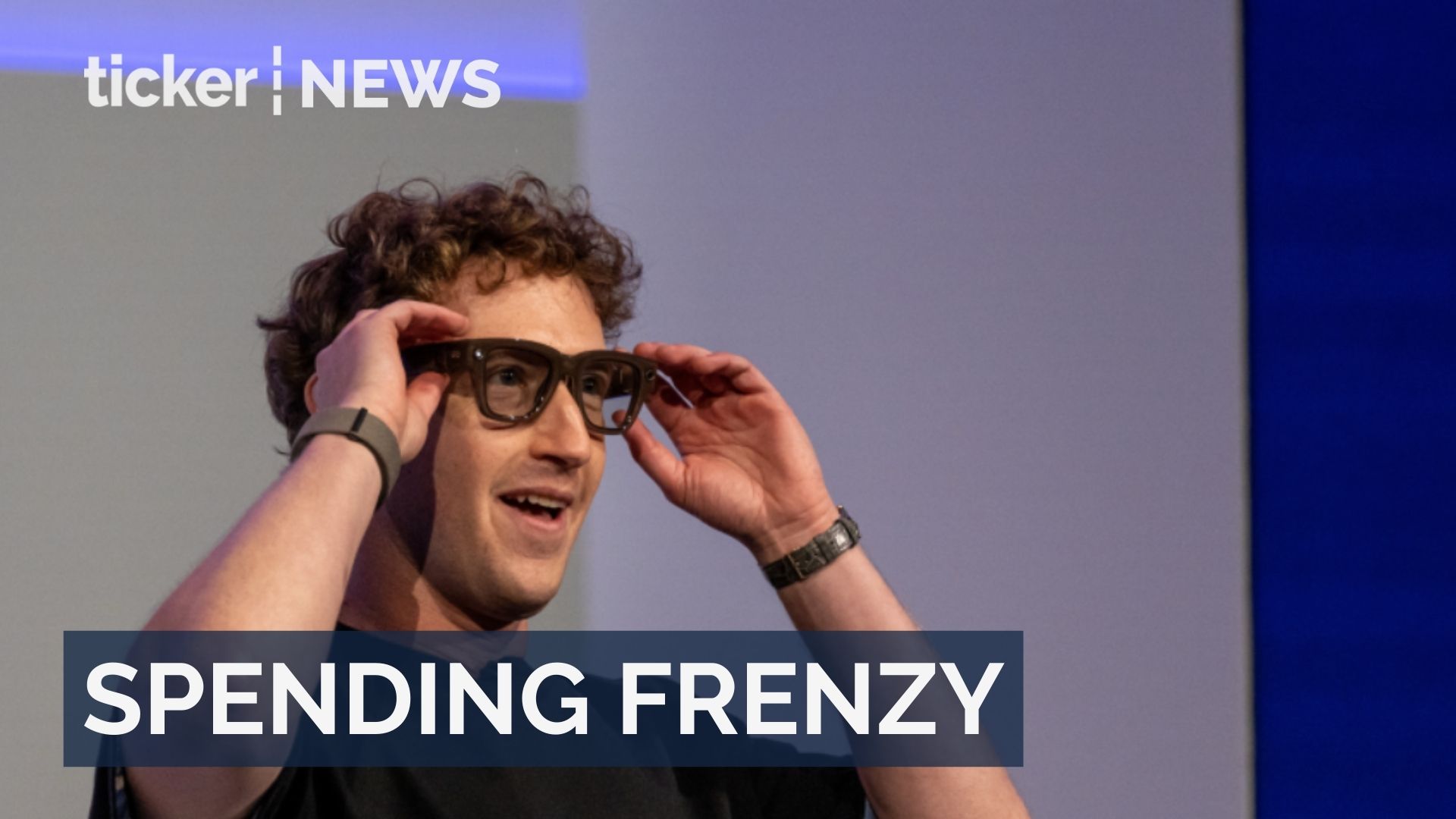Money talks in politics, and Big Tech is a big talker
Big Tech has spent over $70 million in Washington over the past year to stop legislation that targets the business practices of the behemoths of the industry – Meta (Facebook), Amazon, Alphabet (Google), Apple, and Microsoft.
But so far, they have failed to stop the pincer movement on Big Tech now underway in both the House and Senate – And these moves in Congress have the backing of the President.
Last week, the Senate Judiciary Committee approved legislation that would prohibit these major companies from favouring their own products on their platforms and disadvantaging competing services.
Last July, the House Judiciary Committee approved a more aggressive package of six bills that would block mergers that eliminate competitors or reinforce monopoly power, prevent social media platforms from favouring their own products at the expense of distorting the market, and encourage the antitrust authorities to stop Big Tech – by breaking them up if necessary – from using their monopoly power to destroy competition with their platforms.
What makes these concerns so politically potent is that they have strong bipartisan support from both Democrats, who are concerned about structural issues of concentration of market power and abuse of consumers, and Republicans, who are more focused on content, bias and free speech issues that are suffused throughout digital content.
All these vectors converging on Big Tech became supercharged when Frances Haugen, a former Facebook executive, gave expert, credible testimony on Capitol Hill outlining, in forensic detail, deep concerns about Facebook’s conduct, policies, culture and resistance to accountability for how it does business.
The drama that will play out for the balance of this year in Congress is whether this legislation will be taken up on the House and Senate floors and sent to President Biden to be signed into law.
The Administration has already declared its hand on these issues.
The new head of the Federal Trade Commission, Lina Khan, and the new head of antitrust at the Justice Department, Jonathan Kanter, have announced new guidelines to review proposed mergers among the Big Five, with a special emphasis on pricing and damage to competitors when the dominant players make significant acquisitions.
This is a multifront battle
The Federal Trade Commission and several states are in the courts seeking to overturn Fakebook’s acquisitions of Instagram and WhatsApp.
The Justice Department has sued Google, alleging the company has a monopoly on search. 36 states have sued Google and its mobile app store for abuse of market power.
Big Tech’s concerted political power may be able to run out the clock in Congress this year.
The adage is true: it is much easier to stop something than to start something in Congress. History suggests Big Tech may well be able to trip up the legislative process – but that it will fail to prevent the government from enforcing the antitrust laws.
Congress’ legislative activity, scrutiny and oversight serve an especially useful purpose: to shine a bright light on the most powerful industry in the world today.
The hearings and legislation build a record. Tobacco is severely regulated because of the explosive hearings on what their executives knew – and tried to cover up – on how smoking causes cancer and other diseases.
The testimony of witnesses like Ms Haugen on how Facebook operates changes political and popular sentiment on these issues.
That shining of a bright light on the industry gives the regulators a stronger hand to bring down the antitrust laws on Big Tech practices that harm competition and consumers.
The two biggest antitrust actions in the past 40 years were against AT&T and competition in the telecoms industry, and Microsoft and its dominant position in personal computer operating systems.
Their trials in the courts were monumental, with both companies profoundly altered by antitrust settlements. AT&T was broken up, and Microsoft had to change its business practices on its software.
Why is what is happening to Big Tech today in Congress so important?
Veteran Republican Senator Orrin Hatch of Utah put it this way in 1999:
”Almost two years ago in the Judiciary Committee, I began examining the state of competition in the computer industry and specifically Microsoft’s business practices. That was before the Justice Department brought its lawsuit against the company. Some criticized me for doing it, and it was lonely. But I think people now recognize how important those hearings were.”
Veteran Republican Senator Orrin Hatch of Utah put it this way in 1999:
If the dominant Big Tech companies are forced to abide by new rules on what they can and cannot do, rules that limit their market power and provide more protections for consumers, it will be because of what Congress is doing right now to advance legislation to make them more accountable to the rule of law.
Big Tech, by flexing its well-financed lobbying clout, might win the battle in Congress, and prevent enactment of the House and Senate bills now pending.
But they cannot stop the war on their market power. Their reckoning with the antitrust laws is right in front of them.
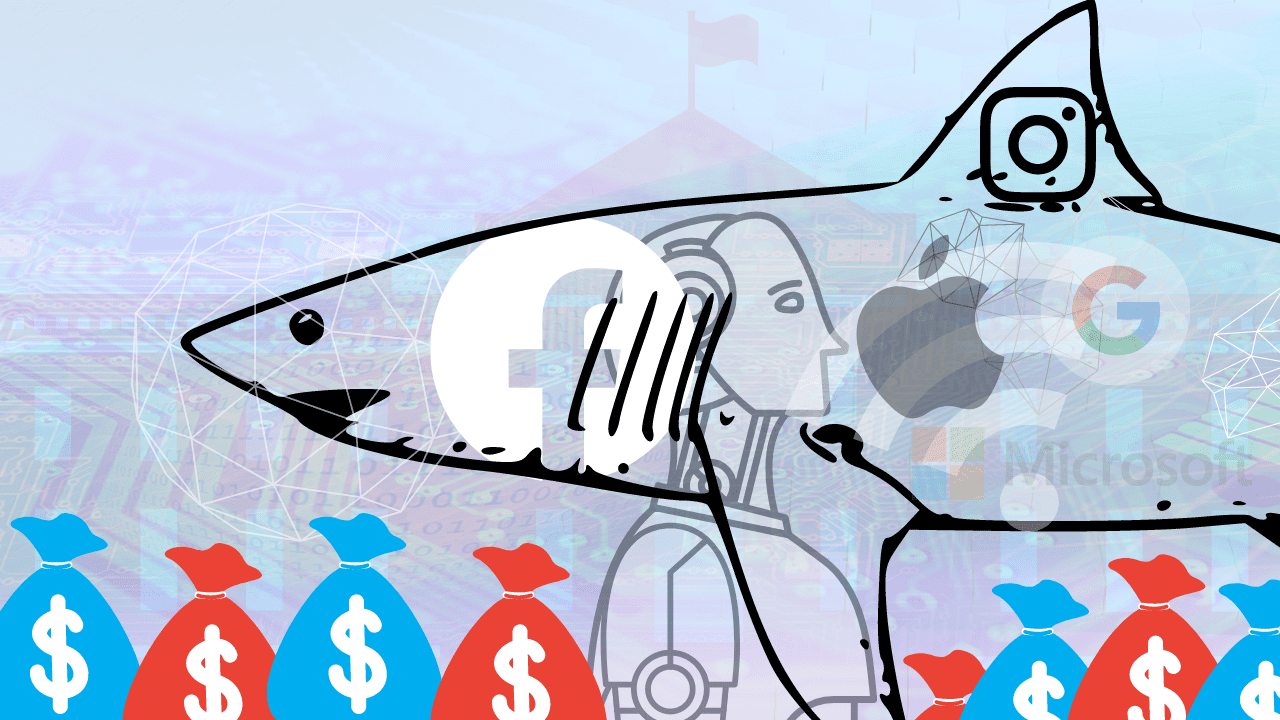



 Ticker Views5 days ago
Ticker Views5 days ago
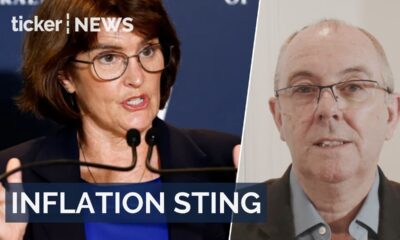

 Ticker Views5 days ago
Ticker Views5 days ago


 News3 days ago
News3 days ago


 News4 days ago
News4 days ago


 Tech3 days ago
Tech3 days ago


 Shows4 days ago
Shows4 days ago


 News4 days ago
News4 days ago


 Shows4 days ago
Shows4 days ago


